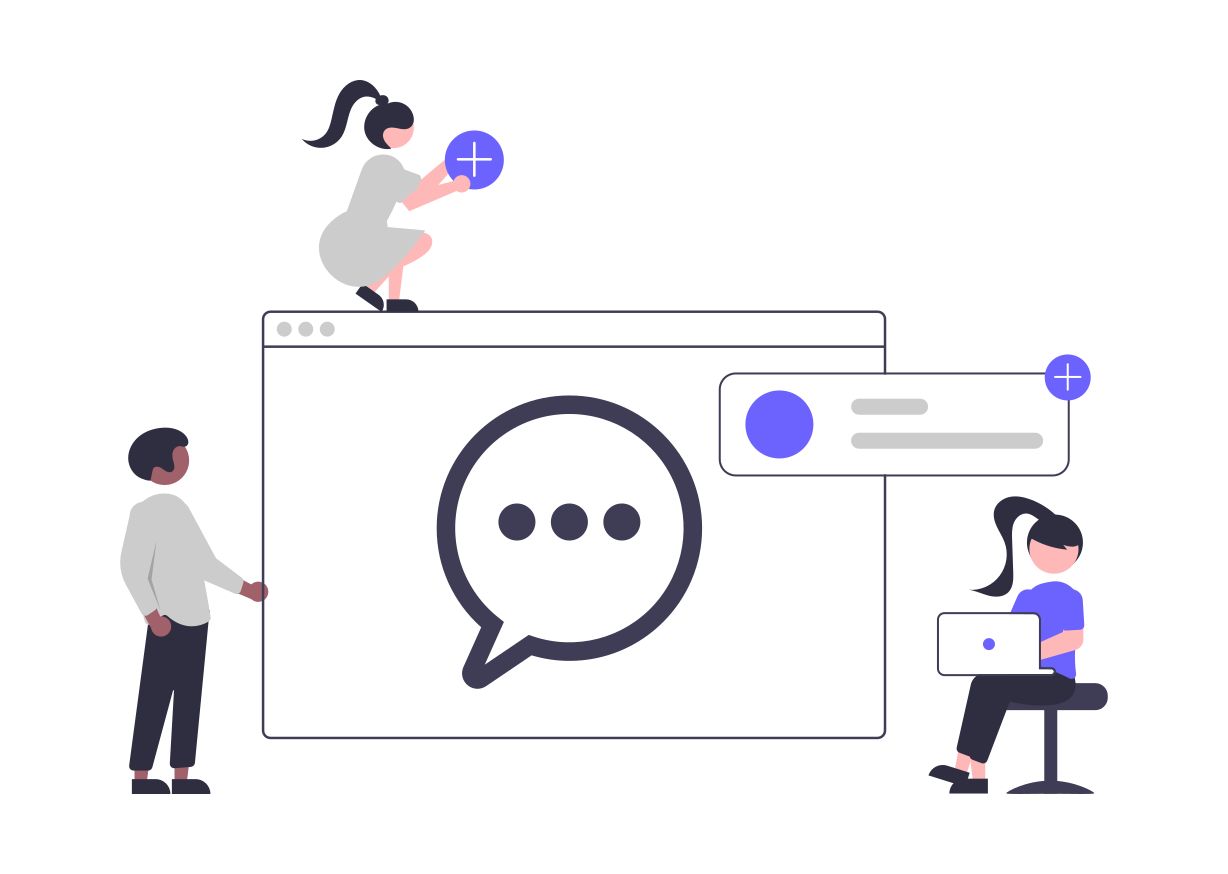In today's hyper-competitive market, personalization is no longer a luxury but a necessity, particularly in the B2B sector. As businesses strive to connect more effectively with their target audience, AI-driven personalization is becoming a game-changer. This blog delves into how AI is reshaping B2B marketing, the benefits it brings, and the practical applications that can enhance engagement and drive revenue growth.
The Importance of Personalization in B2B Marketing
Personalization in B2B marketing involves tailoring messages, content, and interactions to meet the specific needs and preferences of individual businesses or key decision-makers within those businesses. Unlike B2C, where personalization often targets individual consumers, B2B personalization requires a more nuanced approach due to the complexity of organizational buying processes.
How AI Enhances Personalization
AI technologies, including machine learning, natural language processing, and predictive analytics, enable marketers to analyze vast amounts of data and generate insights that were previously unattainable. Here’s how AI enhances personalization in B2B marketing:
-
Data Integration and Analysis
- AI integrates data from various sources like CRM systems, website analytics, and social media platforms to create a comprehensive view of each target account. By analyzing this data, AI identifies patterns and predicts future behaviors.
-
Behavioral Insights
- Machine learning algorithms analyze past interactions to predict future behaviors. This allows marketers to anticipate the needs and preferences of their target audience, leading to more relevant and timely communication.
-
Content Personalization
- AI-driven tools recommend personalized content based on the user's past interactions and preferences. This ensures that the content delivered is always relevant and engaging, increasing the likelihood of conversion.
-
Automated Communication
- AI-powered chatbots and virtual assistants can provide personalized responses to inquiries in real-time, enhancing the user experience and freeing up human resources for more complex tasks.
Key Benefits of AI-Driven Personalization
1. Improved Customer Engagement
Personalized marketing efforts resonate more with customers, leading to higher engagement rates. When prospects receive content and messages that are tailored to their specific needs and interests, they are more likely to engage with the brand.
2. Enhanced Customer Experience
AI allows for the creation of seamless and highly personalized customer journeys. From personalized emails to customized landing pages, every touchpoint can be tailored to the individual needs of the customer, resulting in a superior customer experience.
3. Increased Conversion Rates
Personalized marketing campaigns are more effective at converting leads into customers. By delivering the right message to the right person at the right time, AI helps to move prospects through the sales funnel more efficiently.
4. Better ROI
By enhancing the relevance of marketing efforts, AI-driven personalization leads to better ROI. Marketing budgets are used more effectively as campaigns become more targeted and efficient.
Practical Applications of AI in B2B Marketing
Account-Based Marketing (ABM)
AI can enhance ABM strategies by providing deeper insights into target accounts. By analyzing data from various touchpoints, AI helps identify the most promising accounts and tailor marketing efforts accordingly.
Predictive Lead Scoring
AI algorithms can predict which leads are most likely to convert based on historical data. This allows sales teams to focus their efforts on high-value leads, improving efficiency and effectiveness.
Dynamic Content Delivery
AI can deliver dynamic content on websites and emails based on the visitor's behavior and preferences. This ensures that the content is always relevant and engaging, improving user experience and conversion rates.
Chatbots and Virtual Assistants
AI-powered chatbots can engage with website visitors in real-time, providing personalized responses and guiding them through the buyer’s journey. This enhances user experience and increases the chances of conversion.
Implementing AI-Driven Personalization in Your B2B Strategy
To effectively implement AI-driven personalization, consider the following steps:
-
Integrate Your Data
- Ensure that all your data sources are integrated into a unified system. This provides a comprehensive view of your customers and allows AI to analyze data more effectively.
-
Choose the Right AI Tools
- Select AI tools that align with your marketing goals. Consider tools for data analysis, content personalization, and automated communication.
-
Train Your Team
- Educate your marketing team on the capabilities and benefits of AI-driven personalization. This ensures that they can leverage the technology effectively.
-
Monitor and Optimize
- Continuously monitor the performance of your AI-driven personalization efforts. Use data to optimize your strategies and improve results over time.
Conclusion
AI-driven personalization is revolutionizing B2B marketing by enabling deeper insights, more relevant communication, and enhanced customer experiences. As AI technology continues to evolve, its impact on personalization will only grow, making it an indispensable tool for modern B2B marketers. By integrating AI into your marketing strategy, you can stay ahead of the competition and achieve greater engagement and revenue growth.


